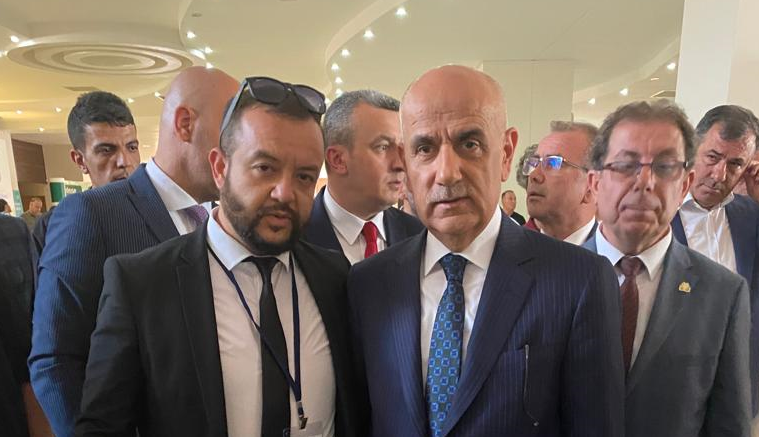A workshop titled “Agricultural Perspective of Diyarbakır” was organized to shed light on the future of agriculture in the region.
First Session: Current Status and Future of Crop Production
The session focused on various factors affecting agricultural production, including:
- Cost-increasing factors and their positive/negative impacts,
- Fragmented and scattered agricultural land,
- Low productivity and quality in agricultural production,
- Dependence on the global seed market and insufficient support for local seed companies,
- Inadequate R&D infrastructure,
- Global economic factors affecting national and international supply-demand balance,
- Efforts to produce higher value-added products through new production models,
- Increased production costs due to reliance on external inputs,
- Inability of small producers and state institutions to compete with large national and international firms,
- Lack of complementary activities (e.g., crop-livestock integration) by producers,
- Misleading practices by agricultural input firms motivated by profit, and
- Administrative control mechanisms.
Environmental sustainability and climate-adapted production in Diyarbakır were also discussed.
Second Session: Current Status and Future of Livestock Production
The session addressed:
- Low productivity and quality in livestock production,
- Initiatives for higher value-added products through new production models,
- Challenges faced by small producers and state institutions in the free market,
- Diyarbakır’s strengths in livestock production,
- Barriers to major investments based on regional potential,
- Organic farming and good agricultural practices, and
- Economic returns of livestock production in the region.
Third Session: Agricultural Mechanization, Technology, and Irrigation
Topics included:
- Limited irrigable land and inefficient use of existing water resources,
- Diyarbakır’s strengths in national and international agricultural production,
- Structural issues in agricultural production, such as land consolidation,
- Role of agro-industries in agricultural development,
- Export potential and competitiveness of local products with neighboring provinces like Gaziantep,
- Impact of the Silvan Irrigation Project on crop variety, production volume, and input demand,
- Energy usage and challenges in agricultural production,
- Use of technology and machinery, machine costs, and standardization,
- Marketing issues, and
- Micro energy production applications in agricultural enterprises.
Fourth Session: Current Status and Future of Rural Development
This session covered:
- Quality and availability of agricultural education for farmers,
- Lack of long-term and stable agricultural policies,
- Policies and success measures for rural development in Diyarbakır,
- Active role of local governments in agricultural development,
- Improving living conditions and comfort in rural areas to encourage local production,
- Challenges caused by rural-to-urban migration,
- Diyarbakır’s role in supplying raw materials for industry and exports, and
- Strategies to increase domestic and international market share of agricultural products.
During the workshop, Tabit R&D Manager Orhan Kurt presented Smart Village activities to participants, including MPs, former Minister of Agriculture Mehdi Eker, and TOBB President M. Rıfat Hisarcıklıoğlu. Kurt also invited the Minister of Agriculture and Forestry Vahit Kirişçi to visit the Tabit Smart Village.

